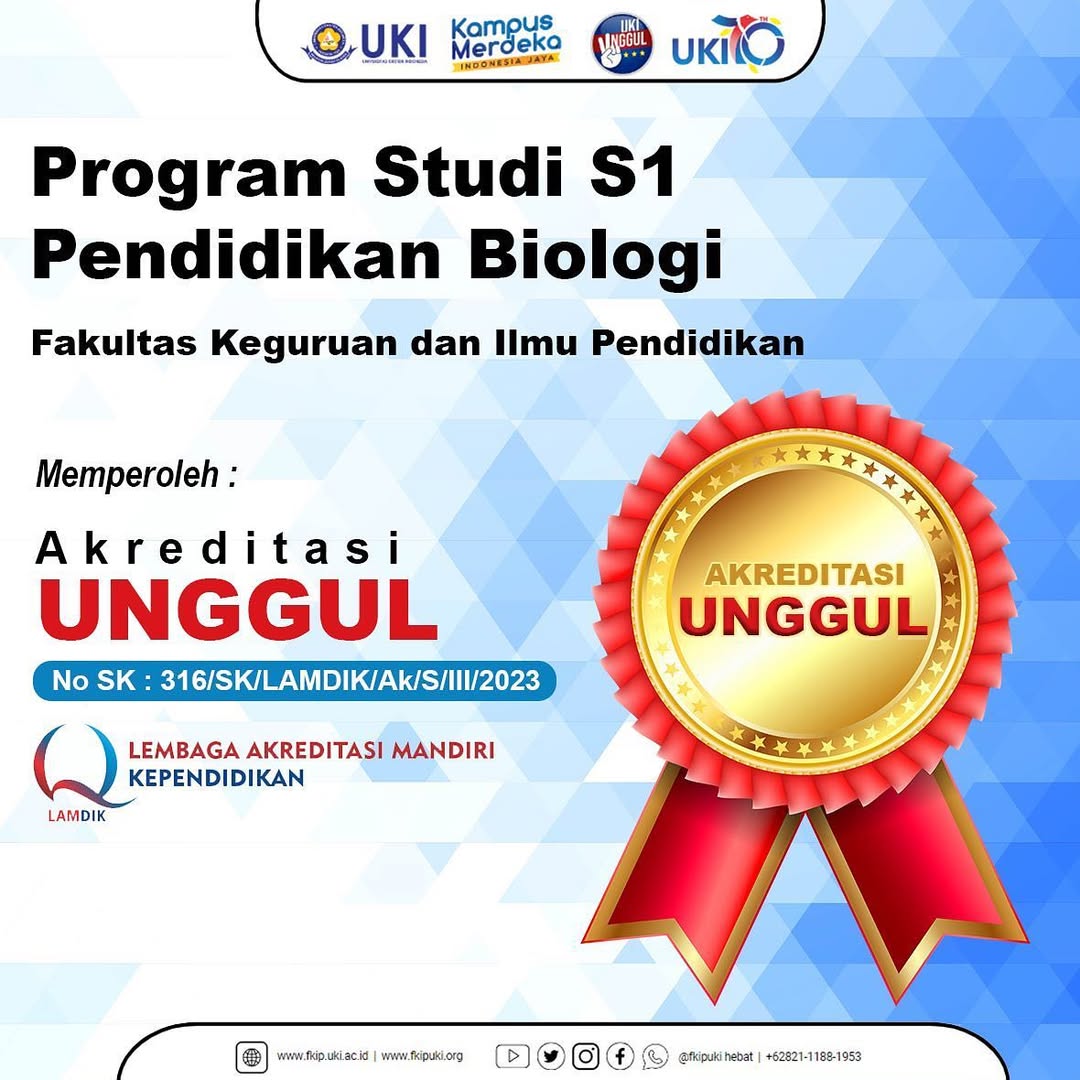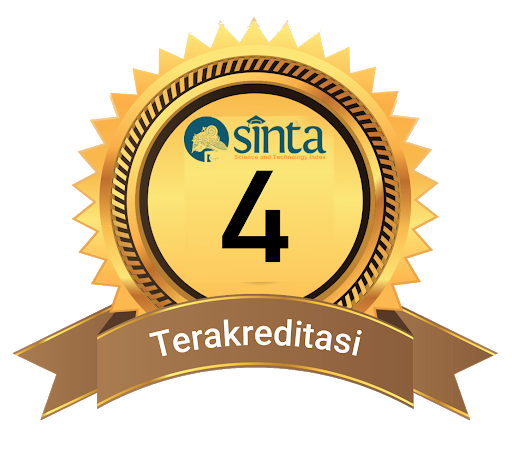DIVERSITY OF INSECT HERBIVORES AND NATURAL ENEMIES THAT HAVE ASSOCIATION WITH SHALLOT CULTIVATION IN ORGANIC AND CONVENTIONAL FARM IN BALIGE
DOI:
https://doi.org/10.33541/pro-life.v10i3.5183Abstract
Balige will be a centre for producing onions from true shallot seeds (TSS). Some of the obstacles encountered in shallot cultivation are pest and disease attacks. The frequency of pesticide use has been carried out intensively. This research aims to compare insect diversity and determine the presence of herbivorous insects and natural enemies in the cultivation of true shallot seeds in organic and conventional farming systems in the vegetative and generative phases in the Balige highlands, Tobasa Regency. This research was carried out on an area of 2000 m2 at the Gurgur, Balige Experimental Garden and Plant Pest and Disease Laboratory, Faculty of Agriculture, University of North Sumatra. Medan from August to December 2017. This research used five insect traps (Sweeping Nets, Pitfall Traps, Light Traps, Yellow Sticky Traps, and Hand Picking) and was repeated eight times. Insects are identified to their families and their role in the ecosystem is also determined. The composition of pests found in shallot plants, both organic and conventional, is dominated by Tephritidae and Noctuidae. The composition of predators found in organic and conventional shallot plants is Formicidae and Forficulidae followed by Coccinelidae, Carabidae, Staphylinidae, Coenagrionidae, Corduliidae, and Anthocoridae. The parasitoid composition is Tachinidae. There are differences in the diversity (H'), evenness (E') and dominance (C) index values in organic and conventional shallot plants, the highest H' (2.885) is in the generative phase of organic plants, the highest E' (0.822) in the generative phase in conventional plants and the lowest C (0.094) in the generative phase in organic plants.
References
insects diversity, insects herbivore, parasitoid, predator, true shallot seed










.svg_.png)













